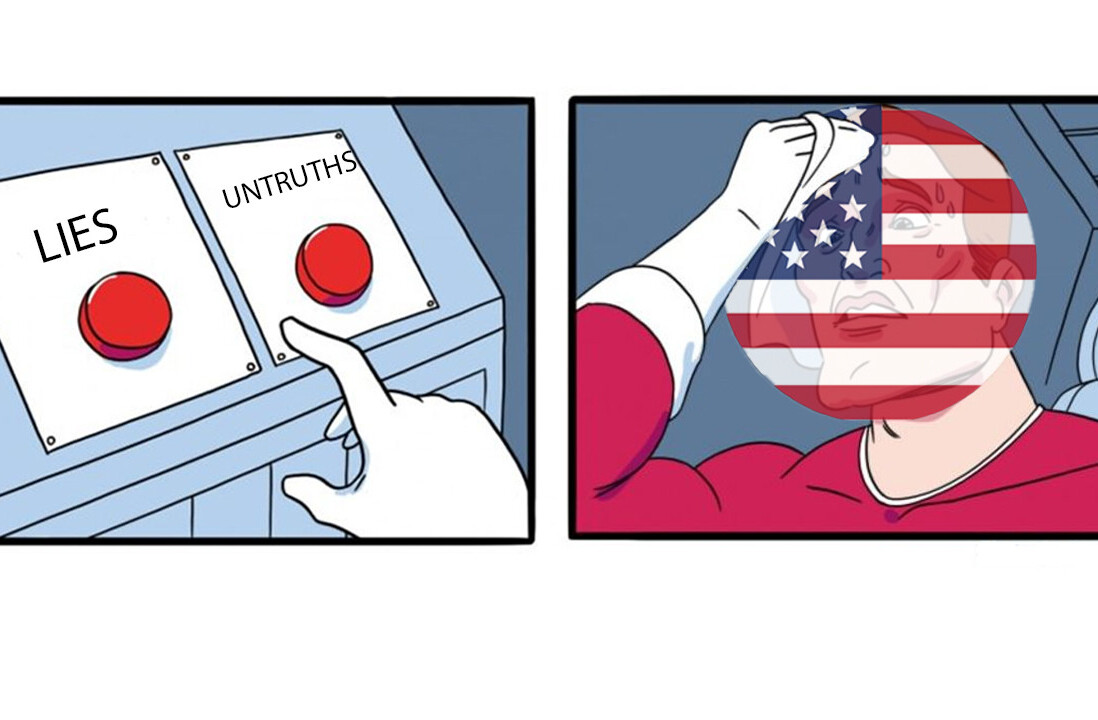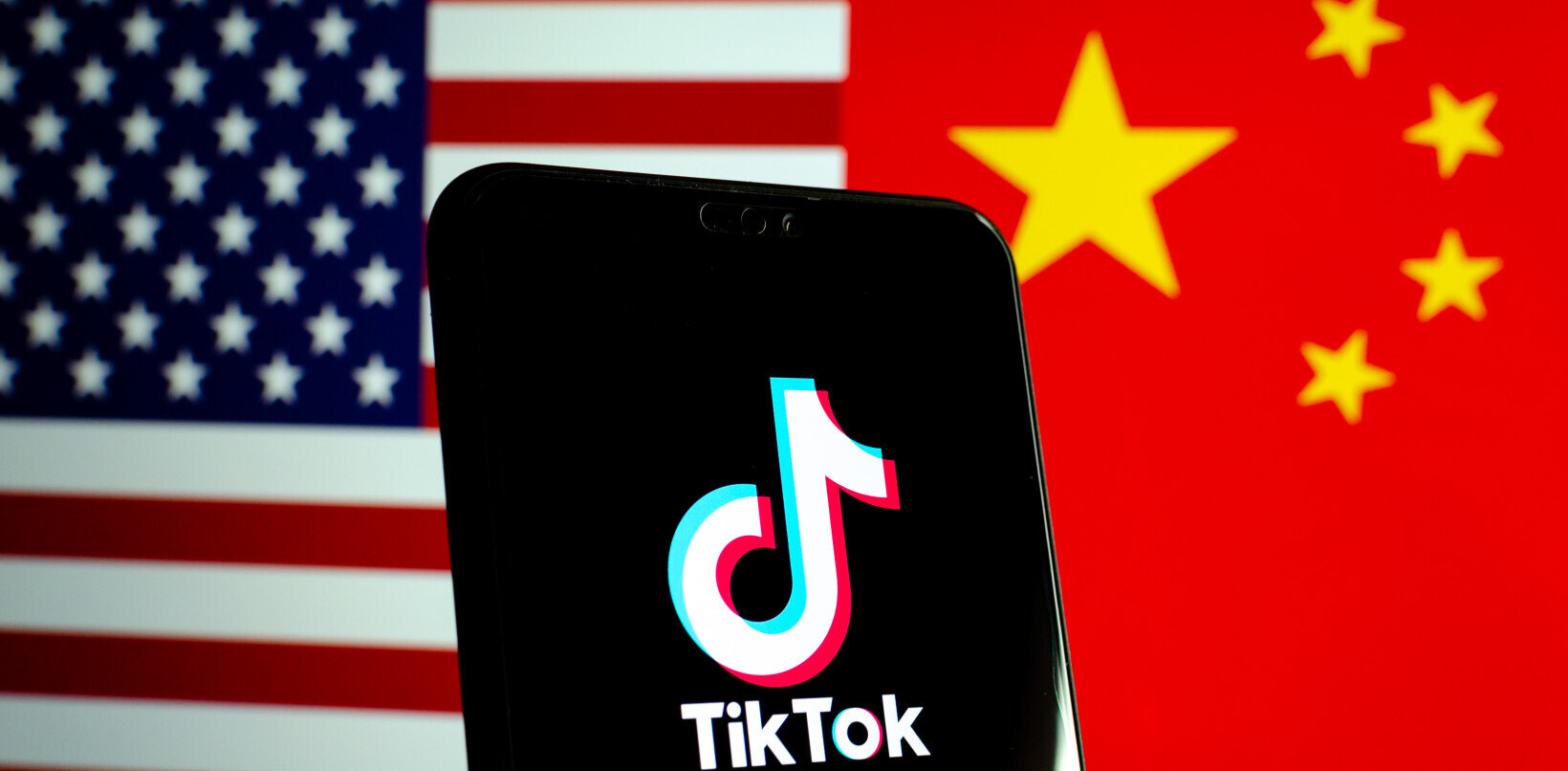
Although as many as 70% of 18–29 year olds in the United States confess having pirated music or videos online, only 1–2 percent of them do it on a significant scale, according to the results of a survey conducted by Princeton Survey Research Associates International.
The Stop Online Piracy Act (SOPA), which will give the government and private companies more policing power over the content of websites deemed to be infringing on intellectual property, is currently being debated by the US House of Representatives.
Sponsored by The American Assembly and supported by a research award from Google, the survey was conducted with 2,303 adults in the USA over the phone in August this year. It is part of a forthcoming study called Copy Culture in the U.S. and Germany, and throws a light on how much piracy exists in the USA.
Among the respondents, 46% of people report having illegally downloaded music, TV shows or movies at some point, with the percentage being as high as 70% among the younger generation. However, only 2% of the over 2,300 people questioned said that they had over 1,000 pirated songs in their music library and only 1% had downloaded over 100 TV episodes or movies.
The survey also revealed that over 46% of the people who do pirate music now do less of it because of the free and low-cost legal streaming services available to them; among TV/movie pirates, the number is 40%. Perhaps surprisingly, as many as 52% of Americans are in favour of punishments for pirating content, but only as long as they extend to warnings and fines and are duly processed in court.
A full 69% of American residents oppose the monitoring of their Internet activity for the purposes of enforcement and only 16% support the idea of blocking an Internet user altogether for pirating content.
The results of this survey highlight that serious piracy is not nearly as widespread in the United States as content providers would have you believe, and most pirates do it casually. Furthermore, the fact that music and movie pirates are willing to switch over to legal means when they are offer as much ease of access as piracy goes to show that the only thing keeping most people pirating is the lack of equivalent legal options.
The full report can be downloaded in PDF form from the Social Science Research Council website.
Get the TNW newsletter
Get the most important tech news in your inbox each week.




